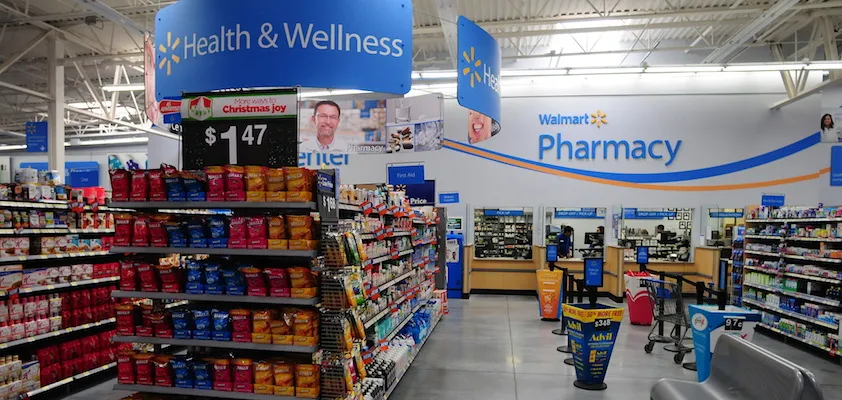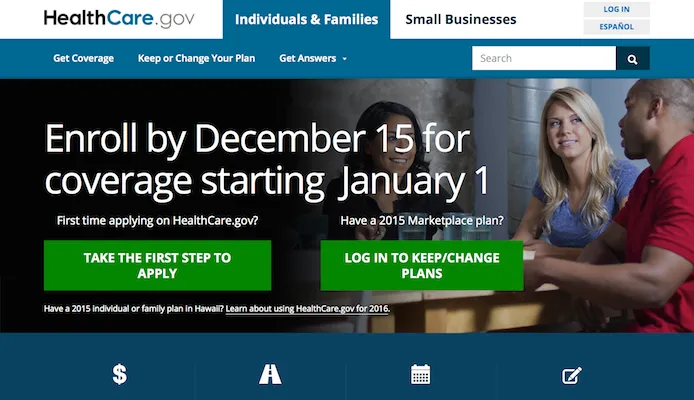BENTONVILLE, Ark. — Walmart is lowering the bar for earnings over the next several quarters as it invests in a longer-term rebound by improving the store experience and expanding e-commerce capabilities, and merging the two to offer a seamless experience for shoppers.
The bulk of the investment will occur in the fiscal year ending in January 2017, when the company is forecasting an earnings decline of between 6% and 12%.
“Fiscal year 2017 will represent our heaviest investment period,” chief financial officer Charles Holley said during the retailer’s annual investor conference in New York on October 14. “Operating income is expected to be impacted by approximately $1.5 billion from the second phase of our previously announced investments in wages and training as well as our commitment to further developing a seamless customer experience.”
Walmart raised its base employee wages to $9 an hour in April and plans to increase hourly pay to at least $10 next year. When combined with an expanded training program, the workforce investments are expected to add about $1 billion in costs this year and $1.5 billion next year, Holley said.
The company is also betting that upgraded e-commerce capabilities will reignite sales growth. Walmart is spending to expand in-store pickup of online orders and is testing grocery delivery in selected markets.
Walmart executives expect annual sales to increase by 3% to 4% over the next three years, and earnings to rebound by as much as 10% in fiscal 2019.
“This is a growth company — it just happens to be a really large growth company,” commented chief executive officer Doug McMillon.
While asserting that the future looks bright, Walmart executives projected that sales will be flat in fiscal 2016 versus earlier expectations of an increase of between 1% and 2%. A stronger-than-expected impact from currency exchange rates is the principal culprit, they said.
Walmart will have to achieve its sales gains with little or no help from inflation. Producer prices fell for the eighth consecutive month in September, when they declined 0.5% from August and were down 1.1% from a year earlier, according to the Labor Department.
A better store experience should help, Walmart U.S. CEO Greg Foran told analysts. The roughly two-thirds of stores that improved their “clean, fast and friendly” ratings to internal standards ahead of Foran’s October 1 deadline have been seeing higher comparable-store sales, he noted.








